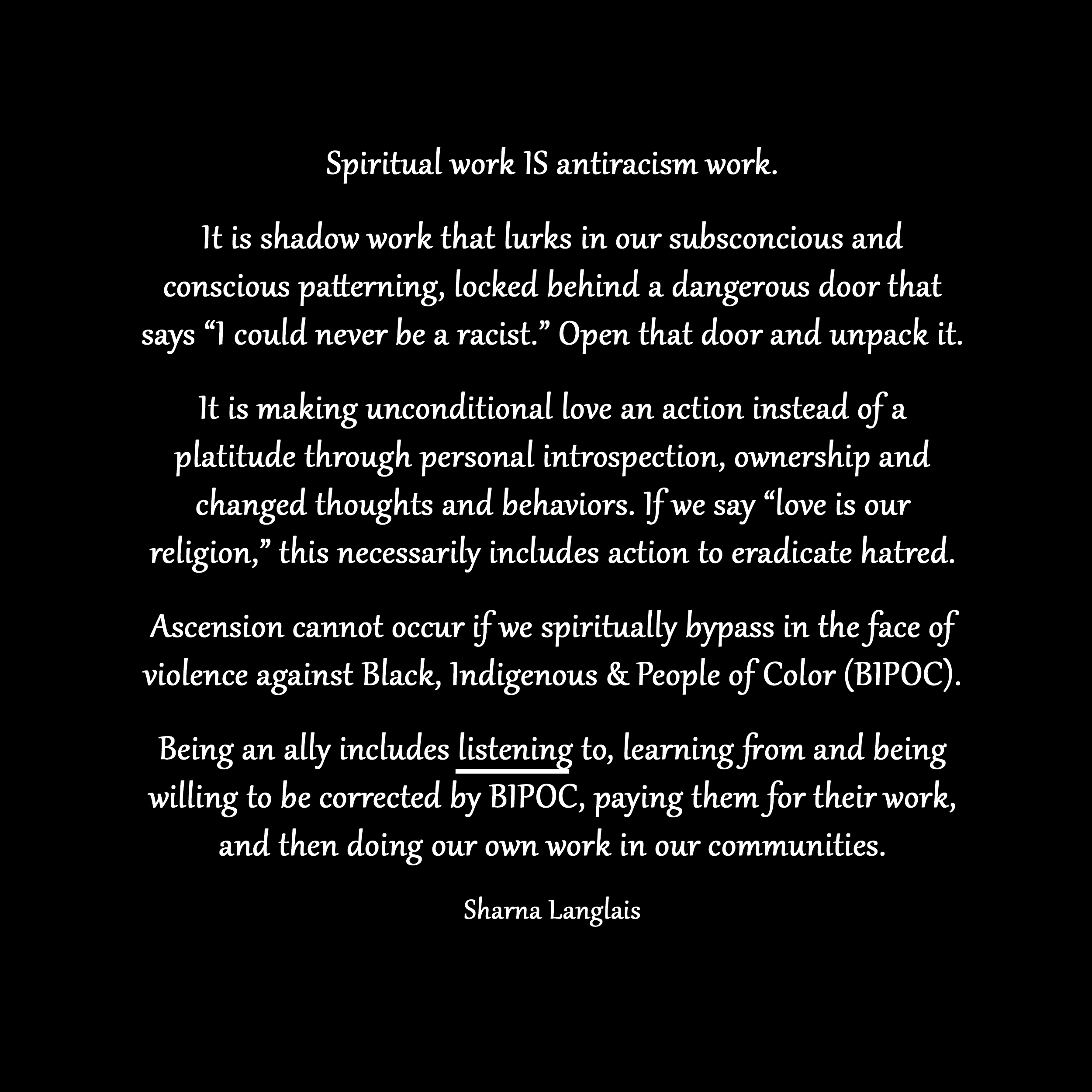The profound challenge of racism within societal structures is akin to a relentless tempest, unyieldingly eroding the foundation of unity across diverse communities. The Bahá’í teachings, a beacon of hope and resilience, provide an intricate framework for understanding and combating institutional racism. Through a robust amalgamation of spiritual principles and pragmatic action, devotees are urged to nurture a world characterized by equitable relationships. This exploration delves into the multifaceted dimensions of the teachings which emphasize the necessity of dismantling institutional racism, weaving a tapestry of interconnected ideas that illuminate the path forward.
At the core of Bahá’í teachings lies the profound principle of the oneness of humanity. This tenet posits that all individuals, regardless of race, ethnicity, or background, possess an inherent dignity. The metaphor of the human family most vividly represents this principle, envisioning each unique soul as a distinct note within a symphonic masterpiece. Just as a symphony cannot attain its full splendor with one voice alone, humanity cannot fulfill its divine destiny while discordance reigns. Thus, recognizing the interdependence of all individuals becomes the starting point in abolishing institutionalized discrimination.
The teachings emphasize the importance of education as a catalyst for social transformation. Educational institutions are seen not merely as vessels for knowledge dissemination but as crucibles for character development. Through the lens of equality, Bahá’ís advocate for educational curricula that celebrate diversity and cultivate moral virtues. Such an education should instill awareness regarding the insidious nature of racism, helping individuals to recognize and counteract systemic biases. By equipping future generations with the analytical tools necessary to comprehend and challenge prevailing injustices, society can gradually dismantle the monolithic barriers erected by institutional racism.
Spiritual development, as elucidated in Bahá’í doctrine, also necessitates a commitment to social justice. Individual transformation must be paralleled by societal reform. The act of addressing systemic inequalities is not merely a moral imperative but a spiritual duty. It is a form of worship, reflecting the divine attributes of justice and mercy. One can liken this endeavor to a gardener tending to a once-neglected garden: with dedication and deliberate action, the wilting flora can flourish anew, filling the environment with vibrant life. The Bahá’í community, therefore, is called to actively engage in the cultivation of justice, striving to create a world where the blooms of equity and inclusivity thrive.
Moreover, the concept of unity in diversity is paramount. Rather than forcing conformity upon diverse individuals, Bahá’í principles encourage the celebration of variance in cultures and histories. In this respect, each culture serves as a unique thread within the rich tapestry of human experience. The acknowledgment of this diversity is pivotal in combating the narrow-mindedness often inherent in institutional frameworks. By fostering an environment that appreciates different perspectives, the Bahá’í Faith promotes a dialogue that can lead to healing and reconciliation. This collective discourse serves not only to dismantle barriers but also to weave a more intricate and beautiful cultural fabric.
Action, as a response to injustice, is presented not just as an ethical obligation but as a spiritual imperative. The Bahá’í teachings advocate for tangible, proactive solutions to systemic racism. Engaging with local communities, fostering alliances, and supporting policies that promote equality are not peripheral activities; they are at the heart of one’s faith practice. When individuals unite their spiritual intentions with active engagement, the combined force can create transformative change—akin to a river carving through rock over time, illustrating the power of persistent, transformative action.
The urgency of eradicating institutional racism from a Bahá’í perspective is underscored by the recognition that such injustices are not isolated issues but rather interconnected with broader societal ailments, like poverty and disenfranchisement. Each manifestation of discrimination is a symptom of a much larger malady. Thus, the holistic approach espoused by Bahá’í teachings calls for systemic reform that addresses root causes rather than mere symptoms. It is the intertwining of spiritual values with social justice that can yield a sustainable solution to institutional racism.
Furthermore, the Bahá’í Faith underscores the significance of global collaboration in eradicating racism. Racism is not confined by borders; it transcends geographical boundaries and manifests in myriad forms across cultures. The interconnectivity of today’s world amplifies the call for solidarity among individuals and nations. In this respect, Bahá’ís are enjoined to actively participate in international dialogues, community-building initiatives, and multicultural collaborations that transcend ethnic and national boundaries. This global perspective is akin to a vast ocean, where every drop represents a unique community, yet all contribute to the same body of water; together, they can facilitate healing and foster a sense of belonging that rises above divisive narratives.
Ultimately, the challenge of ending institutional racism is a journey that requires unwavering dedication and continuous learning. The Bahá’í teachings provide both a moral compass and a pragmatic framework for this endeavor. By embodying the principles of unity, education, justice, and collaborative action, individuals and communities can work towards dismantling the oppressive structures that have long perpetuated racism. Each step taken not only reflects a commitment to personal growth and spiritual development but also serves as a testament to the indomitable spirit of humanity striving towards a luminous horizon—a future where the beauty of diversity is celebrated, and the promise of equity becomes a reality for all.
